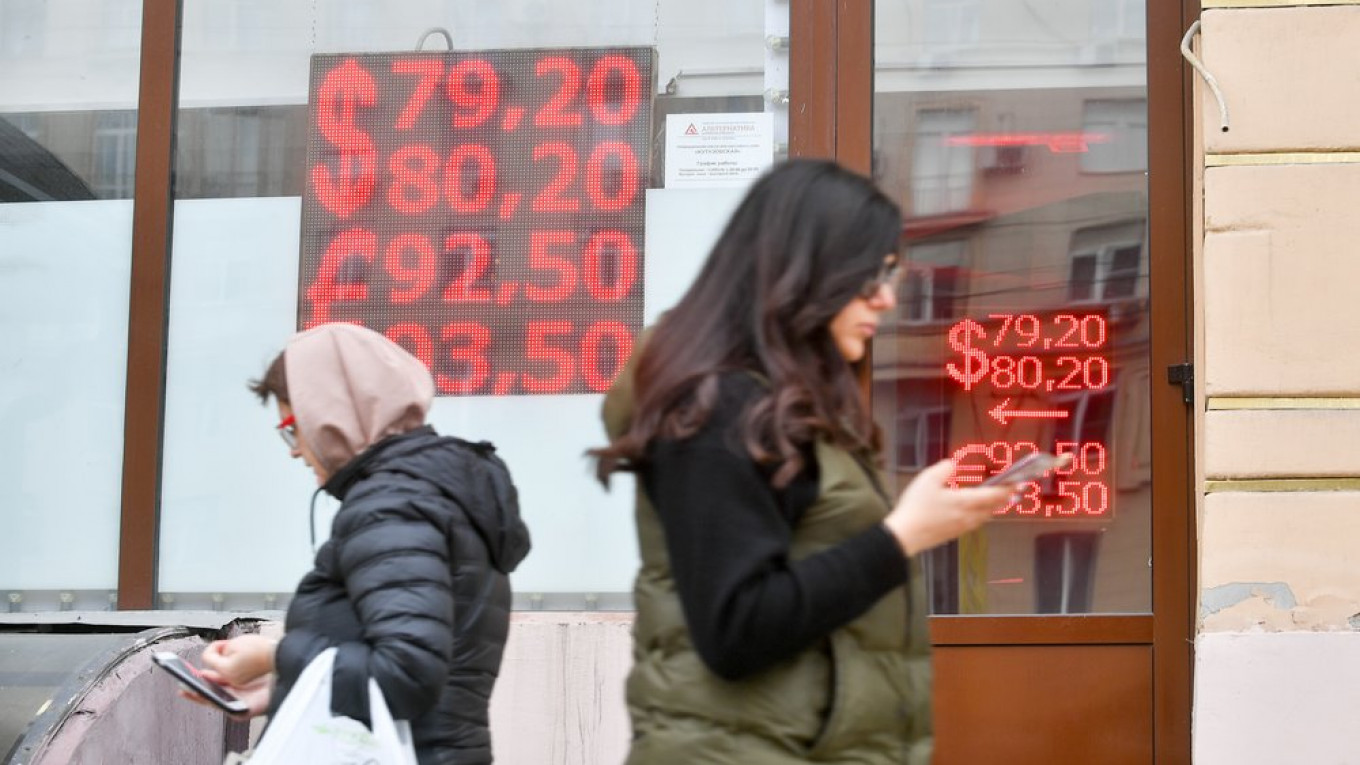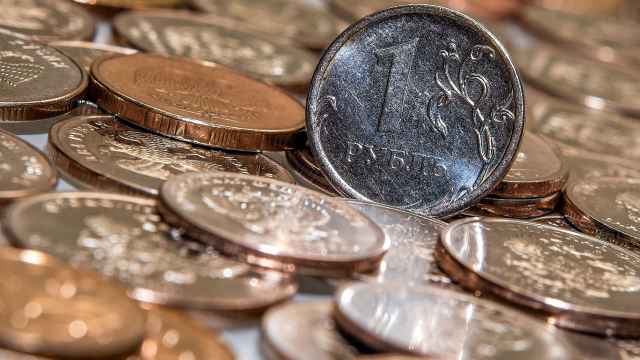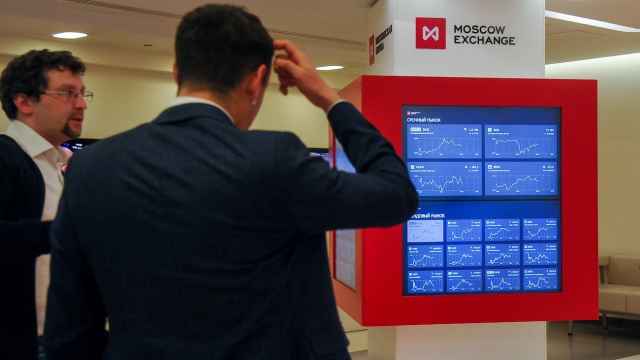Russian financial markets have suffered another painful week amid a surge in volatility and investor fears over the second wave of the coronavirus and next week’s U.S. presidential election.
The ruble was down 0.5% against the U.S. dollar Friday, trading above 79 again for the first time in a month. The currency has lost around 5% this week alone amid some of the biggest sell-offs on global markets since the outbreak of the coronavirus crisis in March.
As new infections surged across in Europe, the U.S. and Russia, the EU’s two largest economies — Germany and France — both announced a return to lockdown in a bid to stop the spread of the virus.
Oil prices — a key influence on Russia’s financial health — have dropped 10% since Monday as concerns spread about another potential supply glut as the outlook for the economy weakens. Lower mobility levels and weaker production generally mean less demand for the black stuff. With Russia, Saudi Arabia and other OPEC+ members not set to meet until the end of November to discuss their future oil production plans, prices tumbled to $37 a barrel in Friday trading — the lowest level in five months.
Russia’s stock market was also down by 0.7% on Friday in dollar-terms, sinking to its lowest reading in six months.
Russian analysts have been saying the ruble is “oversold” for weeks, ever since it started sliding following the news that Kremlin critic Alexei Navalny had been poisoned with Novichok. Yerlan Syzdykov, global head of emerging markets at asset managers Amundi said Friday that the currency was undervalued by as much as 10% in fundamental terms.
But markets have remained fixed on the possible downsides — a sentiment which intensified this week among a heavy sell-off of risky assets in Europe and the U.S.
“The re-emergence of geopolitical tensions in the summer, relating in particular to the crisis in Belarus and the alleged poisoning of Navalny, has weighed on Russian assets, especially the ruble,” said Deutsche Bank analysts in a research note this week.
Even increased demand for rubles as a result of the Central Bank boosting its daily sales of foreign exchange reserves, and as large Russian businesses convert foreign currency to pay their tax bills, has not been enough to stop the slide, Veles Capital analyst Yury Kravchenko said.
Alongside surging infections, next week’s U.S. election is the biggest issue weighing on investors nerves in the short-term, analysts say. The potential of an unclear result given expected delays to ballot-counting or a messy transfer of power should Democratic candidate Joe Biden come out on top is compounding an already worsening economic outlook.
A Message from The Moscow Times:
Dear readers,
We are facing unprecedented challenges. Russia's Prosecutor General's Office has designated The Moscow Times as an "undesirable" organization, criminalizing our work and putting our staff at risk of prosecution. This follows our earlier unjust labeling as a "foreign agent."
These actions are direct attempts to silence independent journalism in Russia. The authorities claim our work "discredits the decisions of the Russian leadership." We see things differently: we strive to provide accurate, unbiased reporting on Russia.
We, the journalists of The Moscow Times, refuse to be silenced. But to continue our work, we need your help.
Your support, no matter how small, makes a world of difference. If you can, please support us monthly starting from just $2. It's quick to set up, and every contribution makes a significant impact.
By supporting The Moscow Times, you're defending open, independent journalism in the face of repression. Thank you for standing with us.
Remind me later.






